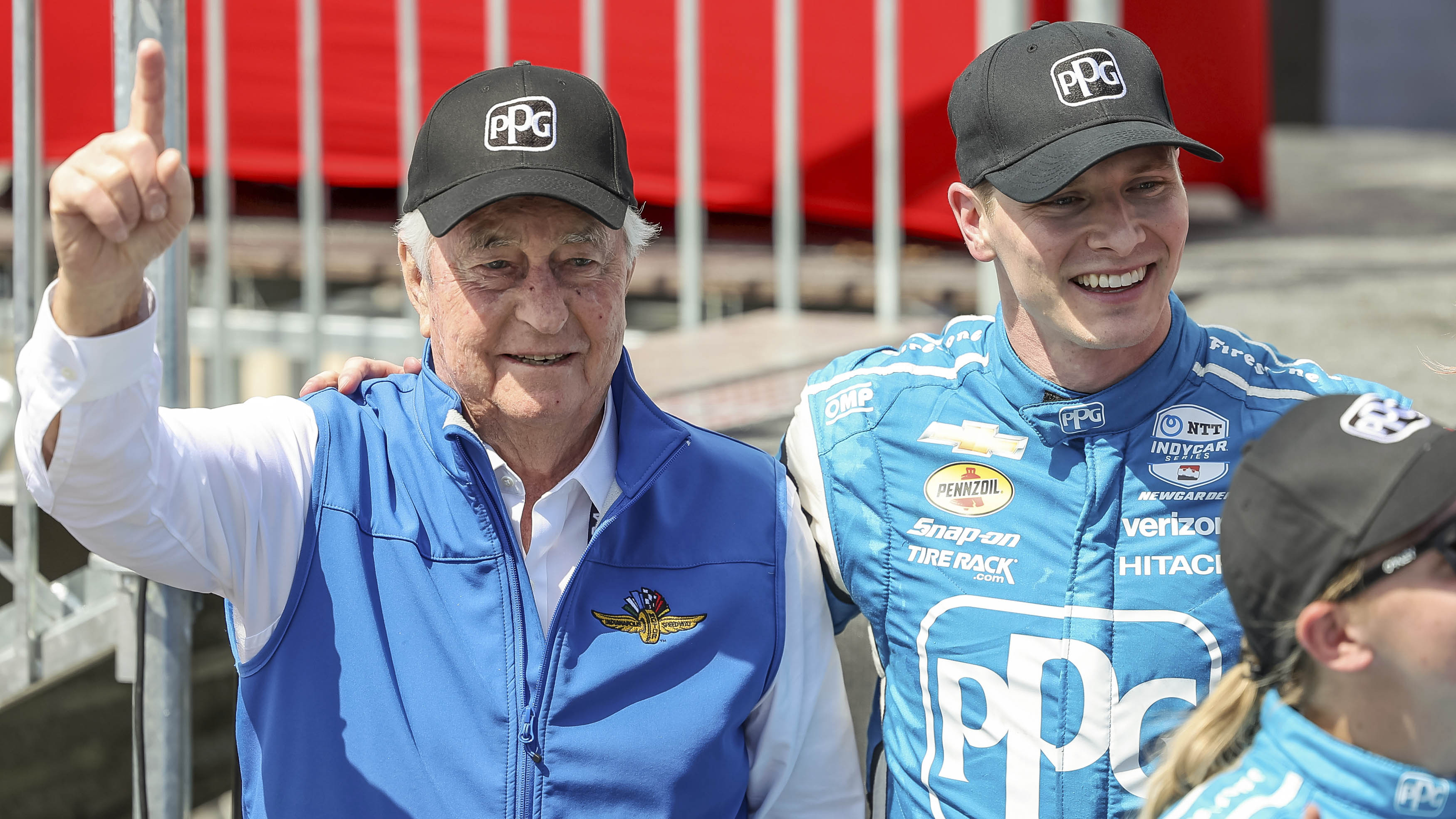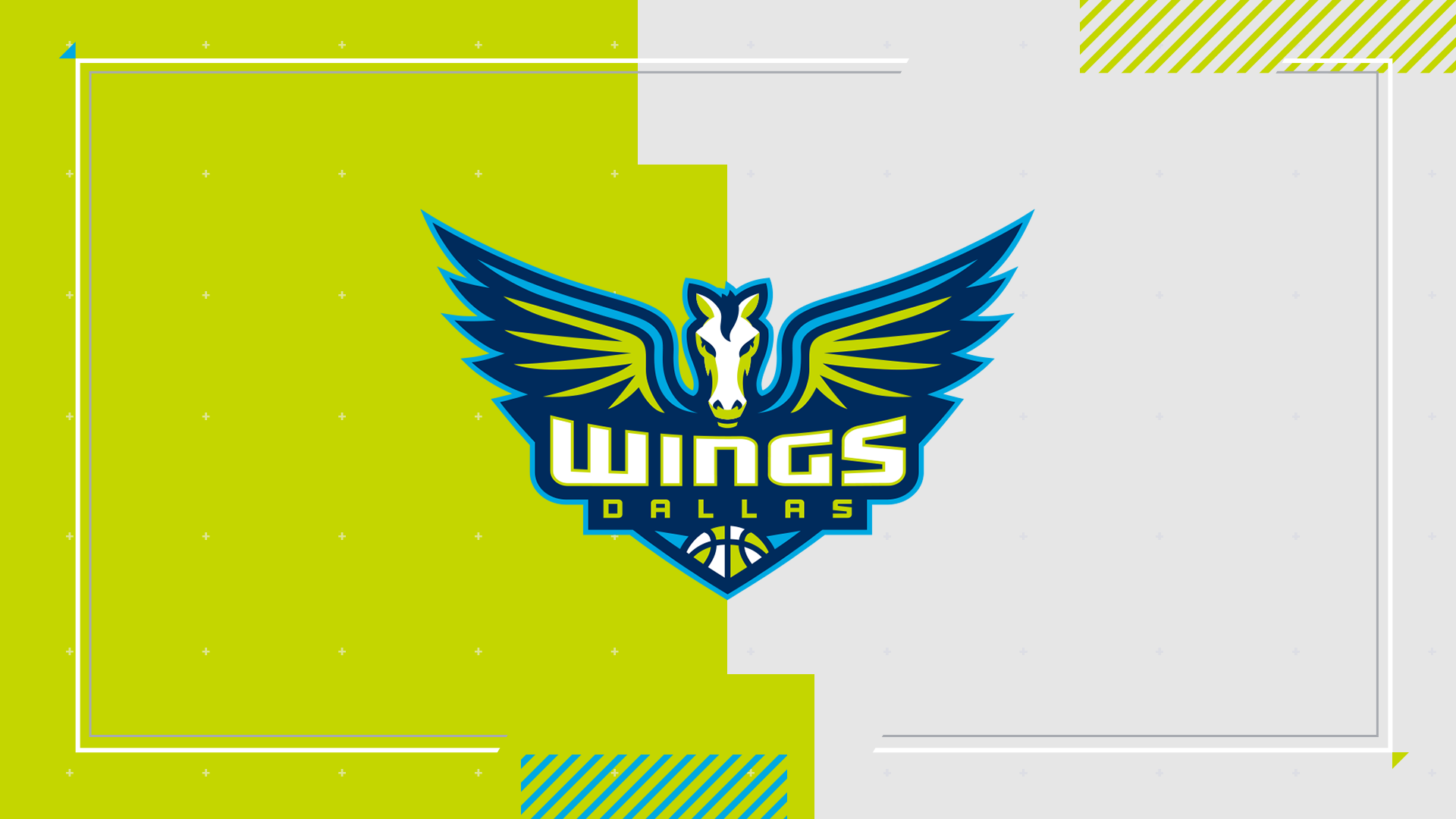
Thanks to that historic contract, there's no hyperbole in calling New York Islanders goalie Rick DiPietro a franchise player.
The team carefully brought him back from offseason hip and knee surgeries, keeping him out of practice for four full months and then on the bench to start the season. If first-year coach Scott Gordon and the team's young core of players were going to shock the world this season, they needed an all-star goalie like DiPietro to provide the last line of defense.
His season has lasted all of three games and 138 minutes, and the Islanders are vague about why. As stated by the NHL's new policy on injury disclosure, the team didn't have to reveal anything more than barebones information about DiPietro's condition. This led to frustration in the media, who wondered if the franchise goalie had reinjured his surgically repaired ailments. This also led to a scathing satire of the situation by Newsday beat writer Greg Logan:
If the Islanders continue to withhold detailed injury information from the media and their fans as a matter of club policy, then, I must institute a new personal policy of disregarding their intentionally misleading injury reports in favor of my own speculative reports.
The team finally released information that DiPietro had suffered "a lower body injury Saturday night unrelated to his previous injuries." He's since been placed on injured reserve -- announced yesterday, retroactive to Sunday -- with writers like Logan unable to inform their readers about the severity of the injury, the exact nature of the injury or a timetable for return.
Say you're a fan thinking about purchasing a partial season-ticket plan with the Islanders; do you deserve to know the nature of this injury, and possibility that the franchise goalie could miss a large percentage of the season? Or do the Islanders have more of a right to withhold specifics, for the sake of their player's safety upon his return?
Sports Connection
Connecting you to your favorite North Texas sports teams as well as sports news around the globe.
Logan recently had a back-and-forth with Chris Botta, a former VP of communications for the Islanders who now blogs about the team on NYI Point Blank. Logan's basic problem with the current NHL injury policy:
It [is] difficult to know what is right or wrong because of the team's refusal to provide basic, credible information. It's not a matter of right or wrong about the injury. It's a matter of right or wrong about providing truthful injury information.
Botta has an interesting insight into this, having been both a media relations guy and an independent blogger. (He now blogs on a site sponsored by the team, but one that runs with what he says is editorial independence.)
Botta admits some of the criticism against the Islanders, including his own, has been over the top; but that the team has been less than candid. "The Islanders have done a poor job of letting their fans know what's going on with the team's most valuable and popular player. I really believe even the Islanders know that. In the last week or so, they've started to provide more information," he said.
His take on the NHL's injury non-disclosure policy is rather emphatic: "Unless your favorite NHL team doesn't employ scouts or at least own a few Betamaxes, the protect-the-players argument is ludicrous. It's something to hide behind."
The general managers are the engine driving the effort to withhold injury information on injuries. I had a conversation recently with a couple of folks who do media relations for an NHL team, and they told me the motivation was simple: Player safety.

There's a belief from team executives that players who suffer concussions are going to be protected if the injury is referred to as "upper body," and that knee injuries will go unnoticed by foes if they are called "lower body." This assumes a level of trust and discretion from everyone "in the know" that doesn't exist when, say, contract details are leaked to the media.
TSN's Darren Dreger revealed this week that Detroit Red Wings GM Ken Holland led the charge for the new policy:
Wings GM Ken Holland says he encouraged the league to reconsider the disclosure policy for two reasons: 1) Two of his players requested the specifics of their injuries not be disclosed. 2) The GM saw enough evidence in game one of the Western Conference final versus the Dallas Stars and game two of the Stanley Cup final to conclude opposition players were targeting Johan Franzen's head based on reports the Detroit forwards had "concussion-like" symptoms.
(As Dreger points out, the NFL's full-disclosure injury policy exists because a massive amount of gambling money rests on Tony Romo's pinkie; the NHL has no such concerns with the integrity of fair wagering.)
Player safety is a valid concern -- even if it seems a tad immaterial in DiPietro's case -- but many NHL teams aren't following through on that concern. Some teams are still disclosing injuries and healing timetables to the media; even the notoriously tight-lipped New Jersey Devils have gone on the record about specific injuries to everyone from Brian Rolston to Andy Greene.
The PR guys I spoke with said this inconsistency exists because the League doesn't actually enforce this "policy" as a "rule." The League basically just provided cover for teams that wanted the luxury of not disclosing injuries to the media. But there isn't a blanket NHL policy that says no injury specifics are to be shared.
As it stands now, reactions to the injury non-disclosure policy have ranged from ridicule -- "Will they insist Player X wasn't hurt; he just enjoys knee braces?" -- to outright indignation from fans and media who believe this policy makes the NHL look petty and amateurish.
Botta believes that in its current incarnation the policy is "is an embarrassment to the league. The last thing the NHL needed was to fall flat on its face again."
He thinks the controversy over DiPietro is just the start.
"I guarantee you the fallout across the league is going to get far worse," said Botta. "Shame on everyone involved, especially those at the top for letting it happen."



